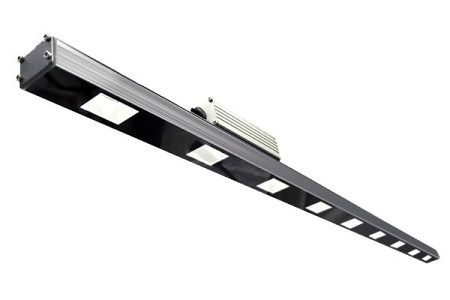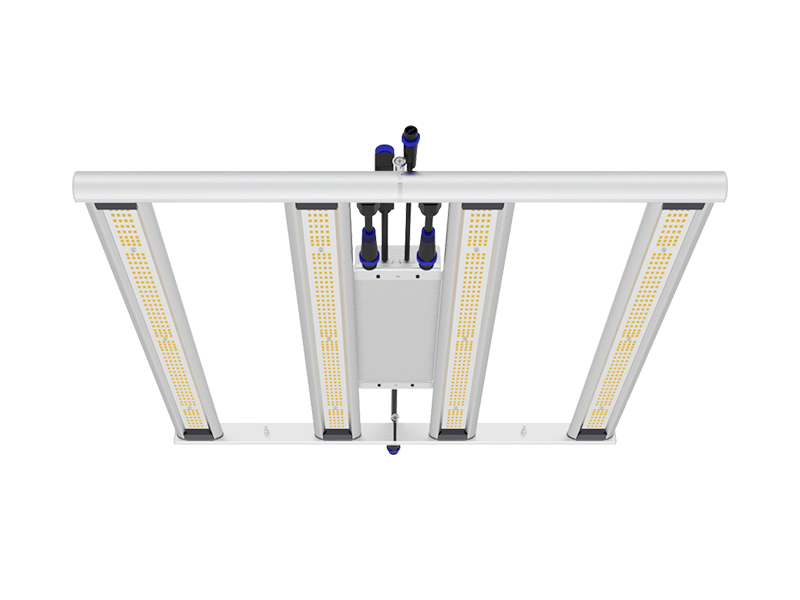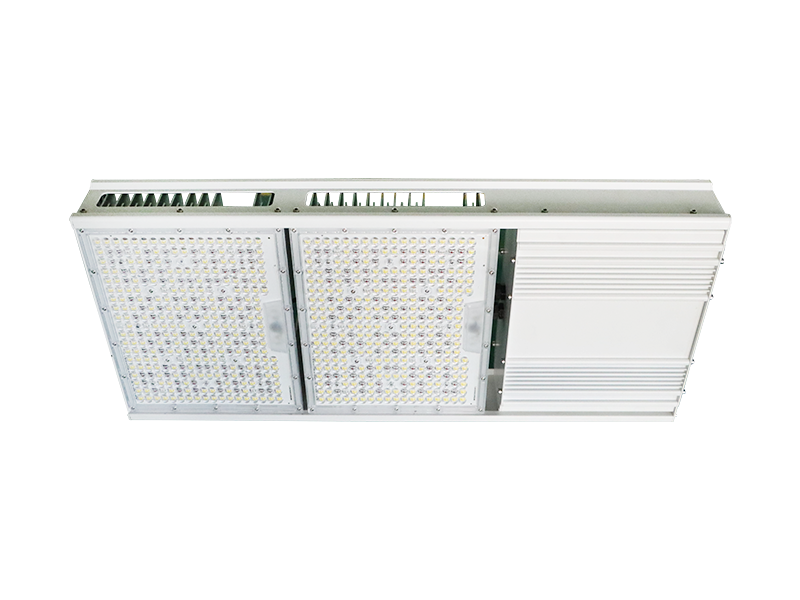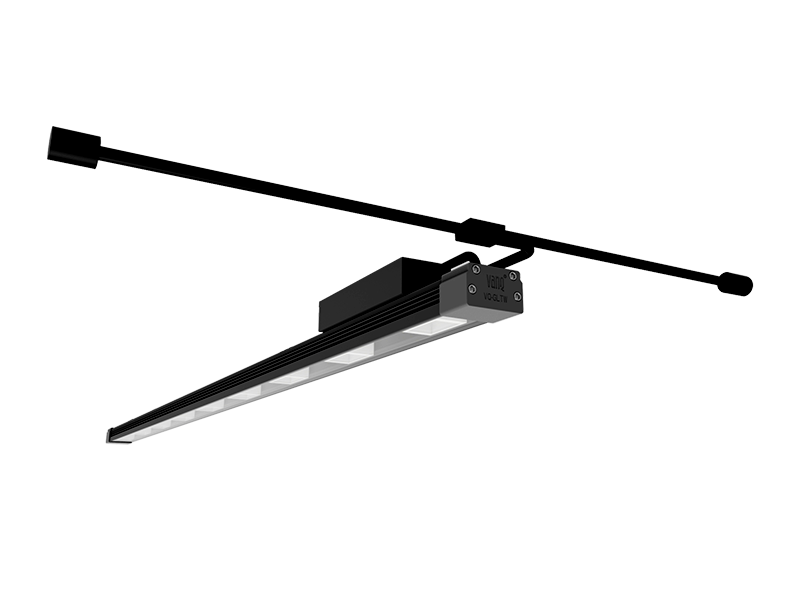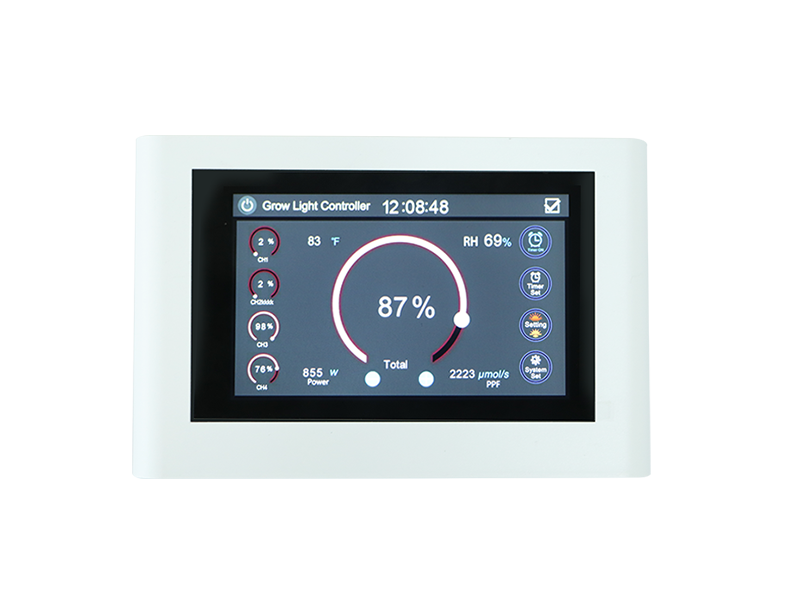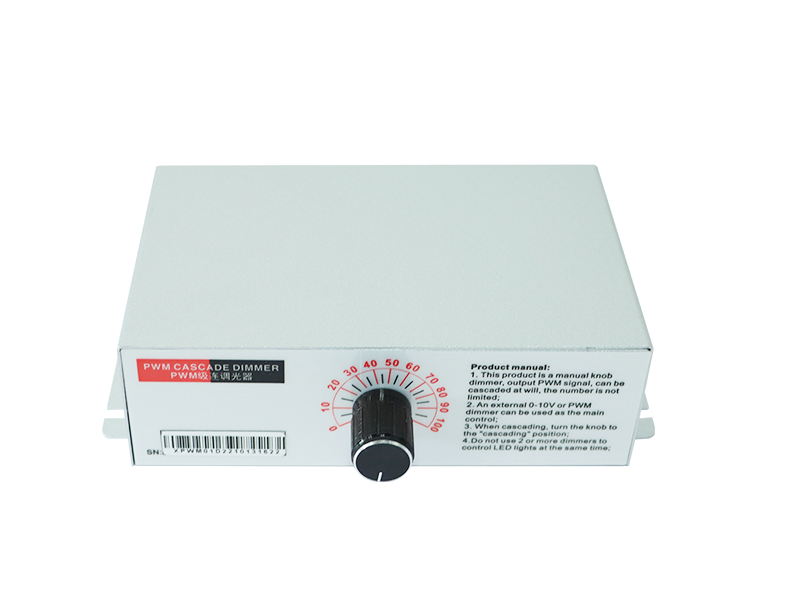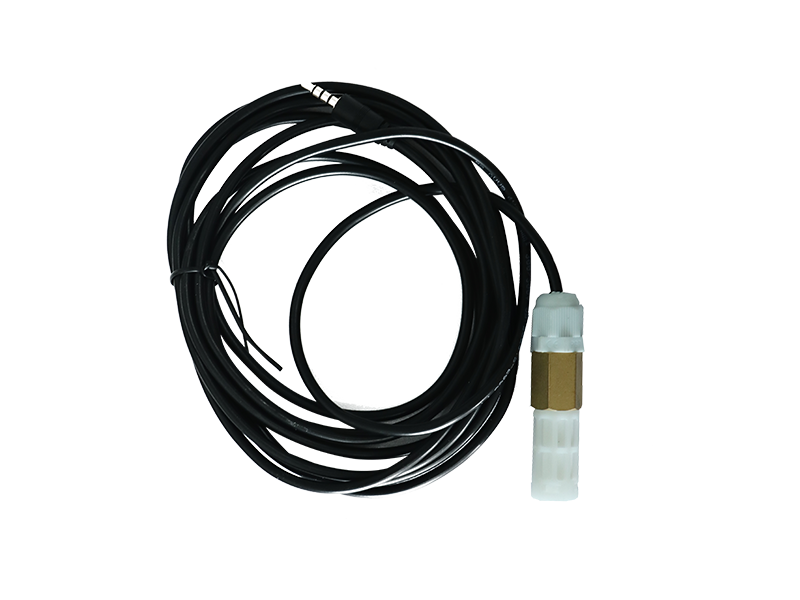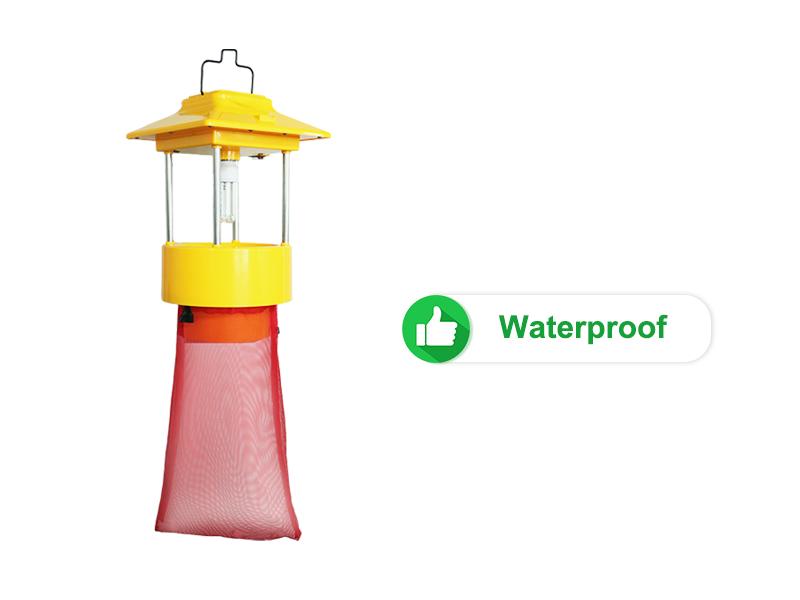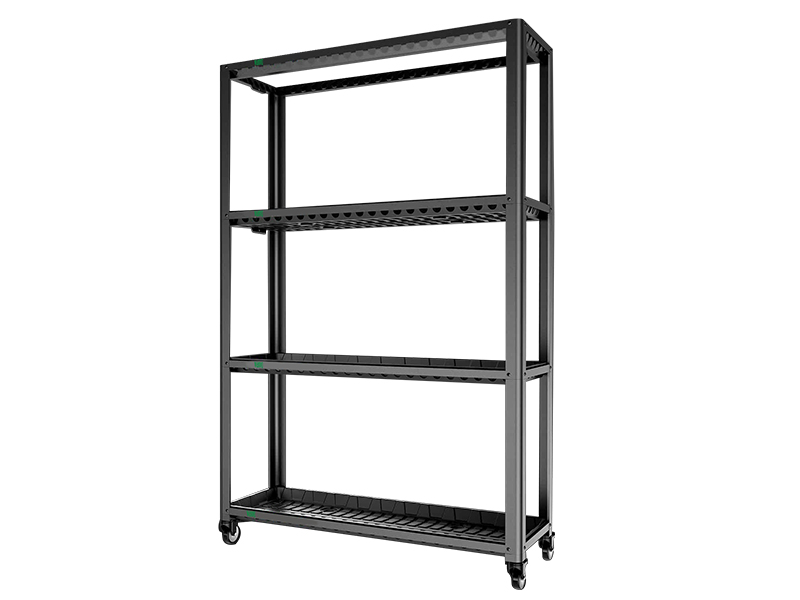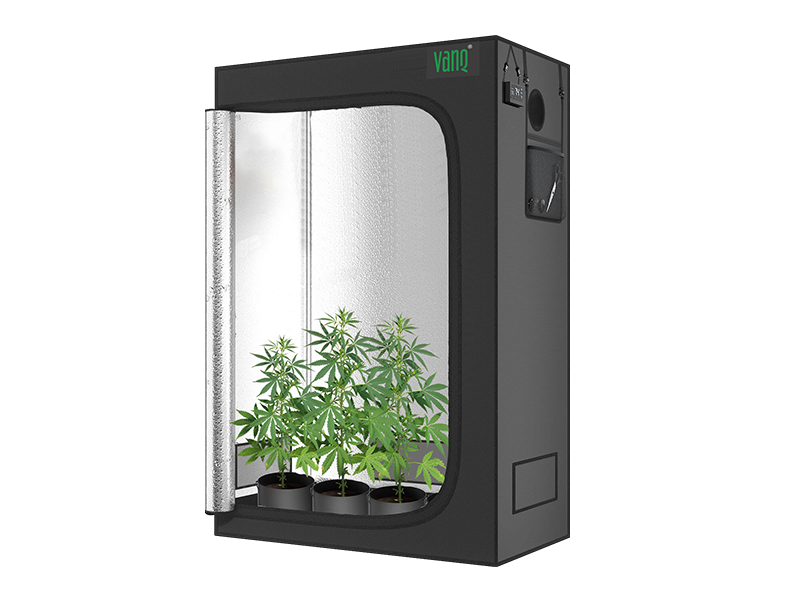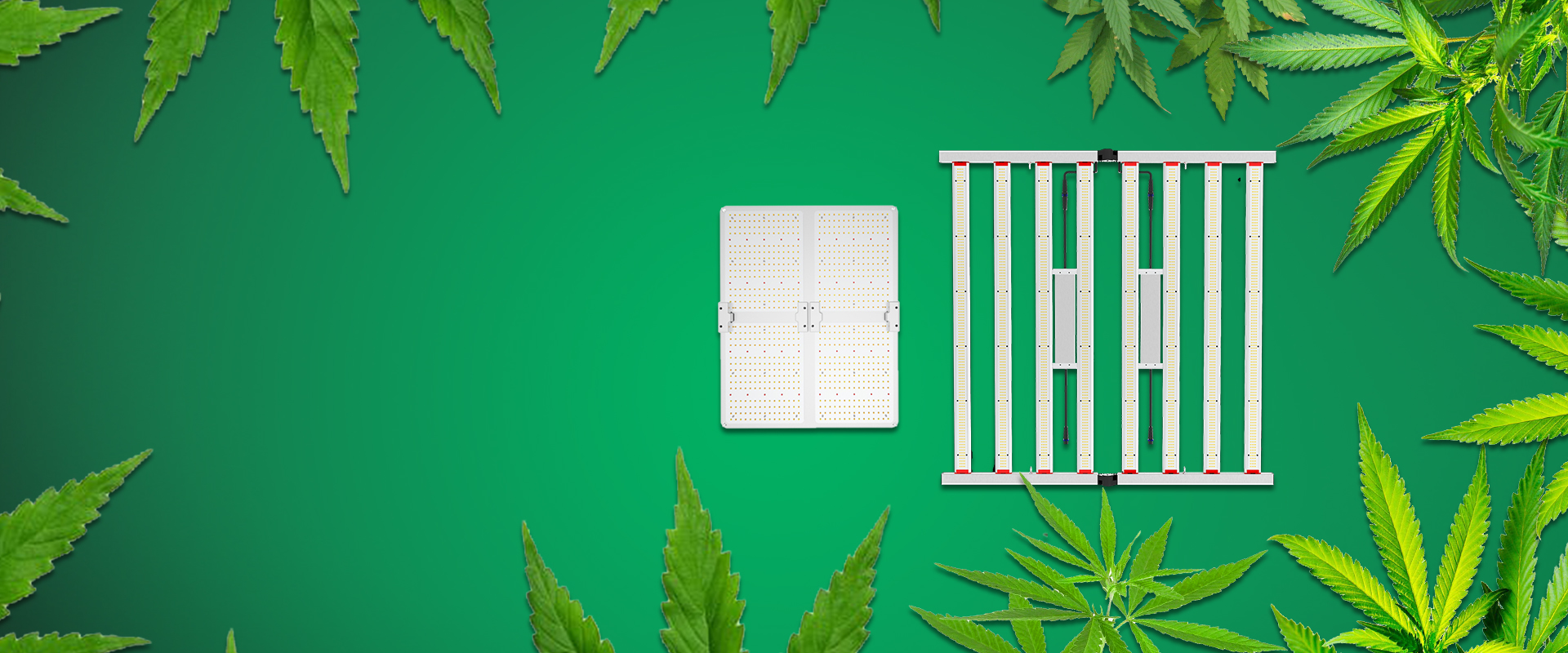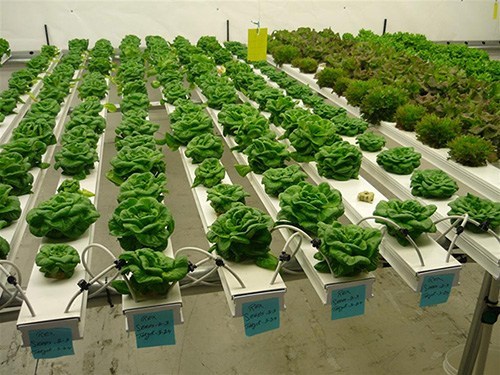Advantages of Hydroponics You Should Know
Everything features a good side and a nasty side. A couple of days ago, we wrote about the benefits of hydroponics. Today, we mention the disadvantages of hydroponics.
The hydroponic garden needs some time and investment
Just like any things worthwhile in life, hard-working and responsible attitude gives satisfactory yields. However, In soil-borne counterparts, plants are often left on their own for days and weeks, and that they still survive during a short time. Mother nature and soils will help regulate if something isn’t balancing. That’s not the case in Hydroponics. Plants will die out more quickly without proper care and adequate knowledge. Remember that your plants are counting on you for his or her survival. You want to take excellent care of your plants, and therefore, the system upon initial installation. Then you’ll automate the entire thing later, but you continue to get to gauge and stop the unexpected problems with the operations, and do frequent maintenance.
Experiences and technical knowledge
You are running a system of many sorts of equipment, which needs necessary specific expertise for the devices used, what plants you’ll grow and the way they will survive and thrive during a soilless environment. Mistakes in fixing the systems and plants’ growth ability during this soilless environment and you finish up ruining your whole progress.
Organic or not?
There are some heated arguments about whether Hydroponics should be certified as organic or not. People are questioning whether plants grown hydroponically will get microbiomes as they’re within the soil. But people around the world have grown hydroponic plants – lettuces, tomatoes, strawberries, etc. for tens of years, especially in Australia, Tokyo, Netherland, and therefore us. They need to provided food for many people. you can’t expect perfection from anything in life. Even for soil growing, there are still more risks of pesticides, pests, etc. compared to Hydroponics. There are some organic growing methods suggested for Hydroponic growers. for instance, some growers provide microbiomes for plants by using organic growing media like coco coir and add worm casting into it. Natural-made nutrients are commonly used like fishes, bones, alfalfas, cottonseeds, neems, etc. For this debate for the organic product issue, there’ll still be researches done currently and within the near future.
Water and electricity safety
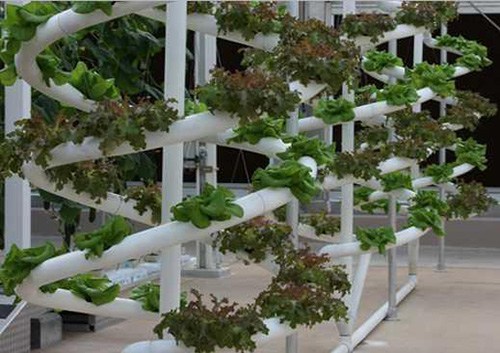
In a Hydroponic system, mostly you employ water and electricity. watch out for electricity during a combination of water in close proximity. Always put safety first when working with the water systems and electric equipment, especially in commercial greenhouses.
Long return on investment
If you follow news on agriculture start-up, you’ll have known that there are some new indoor hydroponic businesses started recently. That’s an honest thing for the agriculture sector and therefore the development of Hydroponics also. However, commercial growers still face some big challenges when starting with Hydroponics on an outsized scale. this is often largely due to the high initial expenses and therefore the long, uncertain ROI (return on investment). it isn’t easy to detail a transparent profitable decide to urge for investment while there also are many other attractive high-tech fields out there that appear fairly promising for funding.
Limited production to hydroponics
While you’ll grow year-round (and this might structure the difference) you’re limited by the space you’ve got available. A hydroponic plant cannot thrive if it’s overcrowded. Where, in additional traditional farming methods, plants are often grown right next to every other, a hydroponic plant needs room to open up. This suggests the number of crops which will be grown at just one occasion is far less than those grown during a field.
Plant diseases
Because the water is filtered and cycled throughout the whole hydroponics system, if even one disease takes hold, it can kill a whole crop during a matter of hours. If you notice a diseased plant in your hydroponics crop, the likelihood is that the remainder of your crop is not any good, either. Many hydroponics farmers lose entire crops in this manner, making disease control an ever-important part of the hydroponics farming routine.
Hazards of water-based microorganisms
Another risk of hydroponics farming is that the danger of water-based microorganisms. Bacteria and fungi grow in water. While some bacteria and fungi are good for crops, there are others that may be dangerous. Unfortunately, it’s nearly impossible to ward one away without the opposite. The sterility of hydroponics farming is merely nearly as good because of the sterilization method of the farmer. Keeping your crops free from bad microorganisms and safe to eat is often a full-time job in itself.
Power outage risk
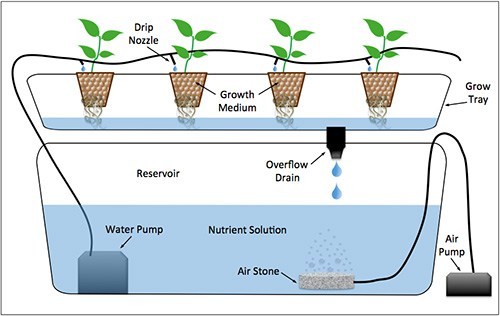
Hydroponic farms are susceptible to power outages. Because most have water and lightweight assail timers, if the facility goes out, and stays out longer than the backup generator can run, then the whole crop is in danger of being destroyed. Most hydroponics farmers prefer to have several long-lasting copy generators available, just in case of an emergency.
Big initial investment
Hydroponic farms aren’t cheap to line up. The equipment alone that’s required to run the daily operation of timed watering and lightweight, also because the filtration system and tanks involved can cost tens of thousands of dollars- sometimes even hundreds! If you’re serious about starting a billboard hydroponic operation, you would possibly also find that they’re difficult to insure in some places, because such a lot remains unknown about the danger involved in growing and operating these farms.
Hydroponic farming has many great benefits but even has many concerning disadvantages of hydroponics. If you continue to want to try to hydroponic farming and wish hydroponics lights, please visit our grow light shop.
